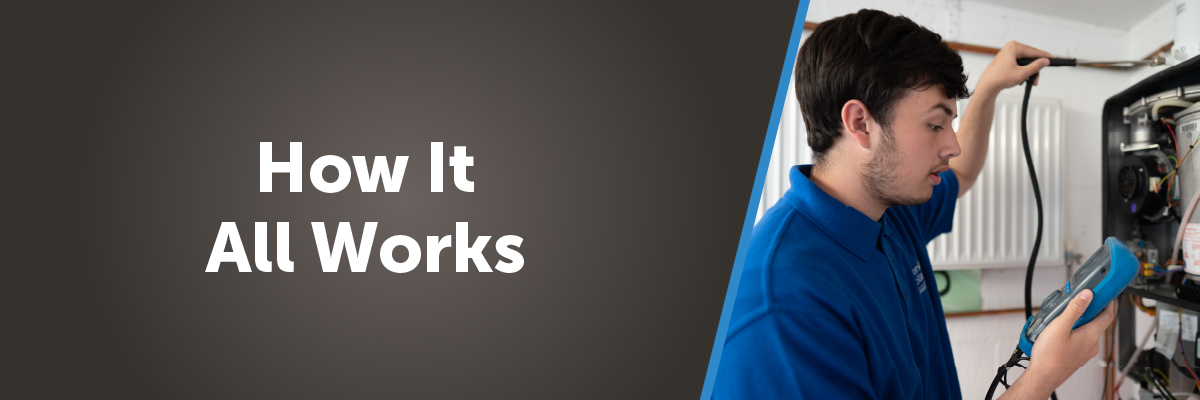
We will support you through every step of your apprenticeship.
During your apprenticeship, you will receive off and on the job training. This training will teach you the knowledge, skills and behaviours set out in the apprenticeship standard so you can achieve occupational competence.
‘On-the-job’ training will be delivered by your employer and you will be supported to become competent and confident in your role.
‘Off-the-job’ training can be delivered in the workplace or at the college
Apprentices must spend at least 20% of their working hours completing off-the-job training.
Off the job training can vary depending on the apprenticeship.
Examples of off the job training can include:
- The teaching of theory (for example: lectures, role playing, simulation exercises, online learning or manufacturer training.
- Practical training: shadowing, mentoring, industry visits and participation in competitions
- Learning support and time spent writing assessments / assignments.
English and maths
All apprenticeships include mandatory Maths and English qualifications.
You may need to complete Maths and English depending on your prior GCSE or equivalent achievements.
Your Employer will allow you the time to study for this within your normal working hours.
Studying for English and maths is not counted as part of the 20% minimum off-the-job training requirement.
End Point Assessments
All Apprenticeships include an end-point assessment. This is an assessment at the end of your apprenticeship to make sure you’re fully competent in your specific occupation.
Your end-point assessment, known as an EPA, is carried out by an independent organisation known as an end-point assessment organisation (EPAO). It usually includes a practical demonstration of your skills as well as a discussion with an assessor that demonstrates your learning and your ability to do your chosen occupation.
The college will support you so you know what to expect and when the assessment will take place.
Once you have passed the End Point Assessment, you will receive a certificate to inform you have completed your apprenticeship successfully.
Depending on the apprenticeship you are doing, you may also receive a qualification.
Next Steps
Completing your apprenticeship is a big achievement. You have managed to maintain a balance between work, studying and your social/ personal life.
Once you have completed your apprenticeship, you may have the opportunity to continue to work as part of that organisation and in some instances get the chance to progress on to a higher-level apprenticeship i.e. progress from a level 2 to level 3 apprenticeship. If you wish to progress to a higher level apprenticeship please speak to your assessor/ tutor who can advise you.
Having completed an apprenticeship means that you have a gained a lot of practical, on-the-job skills and experience that can be used within your future so even if you are not staying in employment with your current employer, your chances of finding new employment will have greatly improved.
Apprenticeship Links:
- What is an Apprenticeship?
- Latest Vacancies
- Real Stories
- Apprenticeship Benefits
- Apprenticeships We Offer
- How to Apply
- The Interview
- Getting Started
- How It All Works

